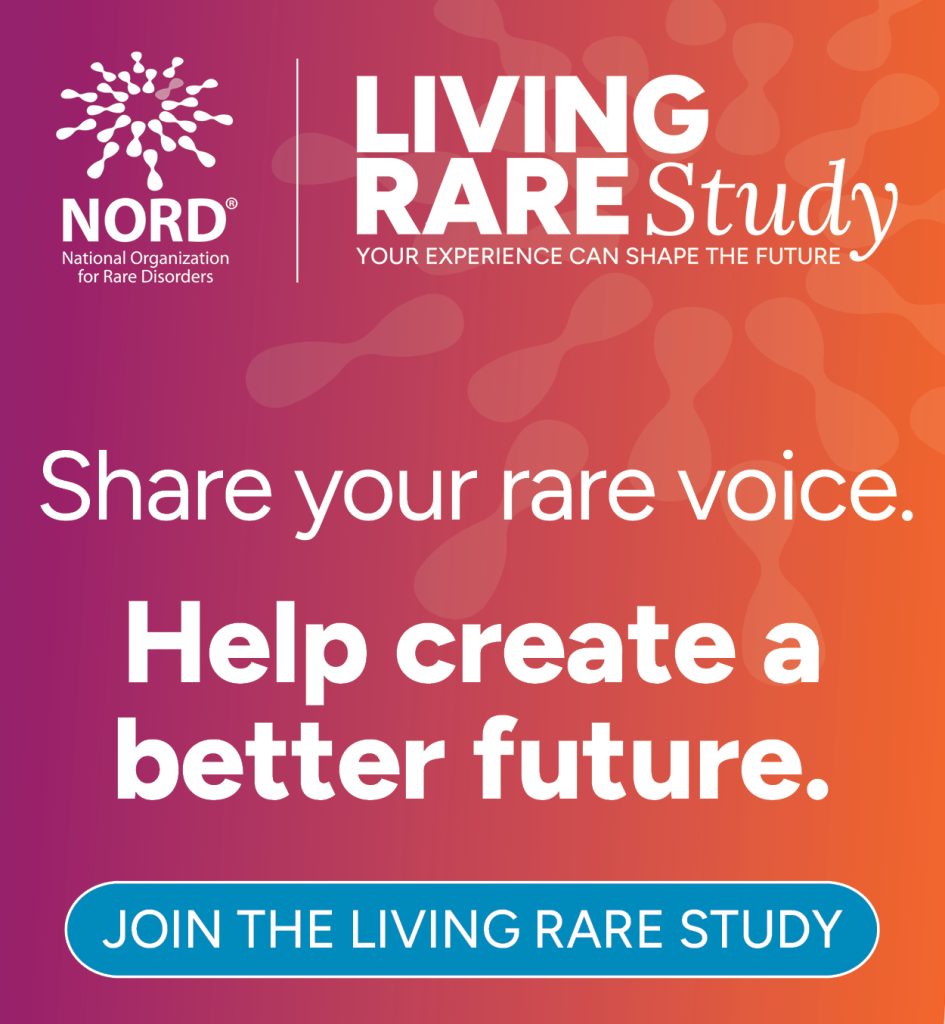Washington, DC, June 25, 2019 – The National Organization for Rare Disorders® (NORD), the leading independent nonprofit organization representing the 25-30 million Americans living with rare diseases, has announced ten new grants as part of its Rare Disease Research Grant Program, which celebrates its 30th anniversary in 2019. Research grants have been awarded to the following institutions and investigators:
For the study of alveolar capillary dysplasia with misalignment of the pulmonary veins (ACDMPV), with funding from The David Ashwell Foundation, Alveolar Capillary Dysplasia Association and William Akers, Jr. & Georgia O. Akers Private Foundation, Inc.:
- Csaba Galambos, M.D., Ph.D., University of Colorado Denver (Aurora, CO); The role of serotonin signaling in the pathogenesis of alveolar capillary dysplasia
For the study of appendix cancer and pseudomyxoma peritonei (PMP), with funding from the Appendix Cancer/Pseudomyxoma Peritonei Research Foundation:
- Shyh-Dar Li, Ph.D., University of British Columbia (Vancouver, Canada); Modulation of tumor immune microenvironment for enhanced therapy of pseudomyxoma peritonei
- Konstantinos Votanopoulos, M.D., Ph.D., Wake Forest University (Winston-Salem, NC); Immune system enhanced appendiceal cancer organoids for ex vivo determination of immunotherapy efficacy in appendiceal cancer
For the study of familial hypercholesterolemia, with funding from the estate of Eleanor M. Allen:
- Richard Sherwood, Ph.D., Brigham and Women’s Hospital (Boston, MA); Optimizing predictable CRISPR/Cas9 repair of LDLR frameshift mutations
For the study of cat eye syndrome, with funding from the Kate Obstgarten Family Foundation, Lundbeck and public donations:
- Thomas Liehr, Dr. rer. nat./med. habil/h.c., Friedrich Schiller University Jena (Jena, Germany); Establishment of next-generation phenotyping in cat eye syndrome patients
For the study of malonic aciduria, with funding from The Hope Fund:
- Anthony J. Filiano, Ph.D., Duke University (Durham, NC); Replacing brain enzymes with cells: Implications for malonic aciduria
- Michael Wolfgang, Ph.D., Johns Hopkins University School of Medicine (Baltimore, MD); Genetic and biochemical interaction of Mlycd and Acsf3 in vivo
For the study of new-onset refractory status epilepticus (NORSE) and febrile infection-related epilepsy syndrome (FIRES), with funding from the NORSE Institute:
- Eric Payne, M.D., M.P.H. and Charles Howe, Ph.D., Mayo Clinic (Rochester, MN); NLRP3 inflammasome dysfunction as a cause for FIRES and NORSE
For the study of PACS1-related syndrome (Schuurs-Hoeijmakers syndrome), with funding from the founders of the PACS1 Syndrome Research Foundation and public donations:
- Gary Thomas, Ph.D., University of Pittsburgh (Pittsburgh, PA); Development of therapeutics to treat PACS1-related syndrome
For the study of post-orgasmic illness syndrome, with funding from POISCenter.com:
- Tierney Lorenz, Ph.D., University of Nebraska-Lincoln (Lincoln, NE); Autonomic, endocrine, and immune mediators of post-orgasmic illness syndrome
NORD’s Rare Disease Research Grant Program provides funding to qualified researchers for translational or clinical studies related to the development of potential new diagnostics or treatments for rare disease. Since the program’s launch in 1989, NORD grants have led to the development of two FDA-approved treatments and numerous peer-reviewed publications.
“We are celebrating the 30th anniversary of NORD’s Research Grant Program by continuing to support research that reflects community-driven priorities,” said Vanessa Boulanger, NORD’s Director of Research Programs. “Providing researchers with an opportunity to expand the breadth and depth of their scientific reach in the pursuit of novel findings for rare disorders is a cornerstone of NORD’s mission.”
Grants are made possible through the generosity of allies in the rare disease community and supporters who have donated into NORD’s research fund. For more information about NORD’s Rare Disease Research Grant Program and funding opportunities, visit: https://rarediseases.org/research.
###
About the National Organization for Rare Disorders (NORD)®
The National Organization for Rare Disorders (NORD) is the leading independent advocacy organization representing all patients and families affected by rare diseases. NORD is committed to the identification, treatment and cure of the more than 7,000 rare diseases, of which approximately 90 percent are still without an FDA-approved treatment or therapy. Rare diseases affect 25-30 million Americans.
NORD began as a small group of patient advocates that formed a coalition to unify and mobilize support to pass the Orphan Drug Act of 1983. For more than 35 years, NORD has led the way in voicing the needs of the rare disease community, driving supportive policies and education, advancing medical research and providing patient and family services for those who need them most. NORD is made strong together with over 280 disease-specific member organizations and their communities and collaborates with many other organizations on specific causes of importance to the rare disease patient community.


